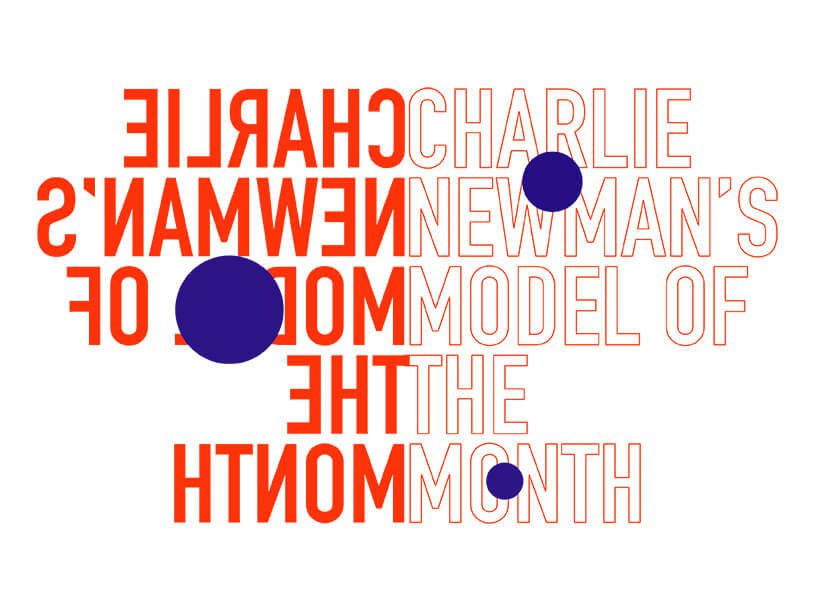
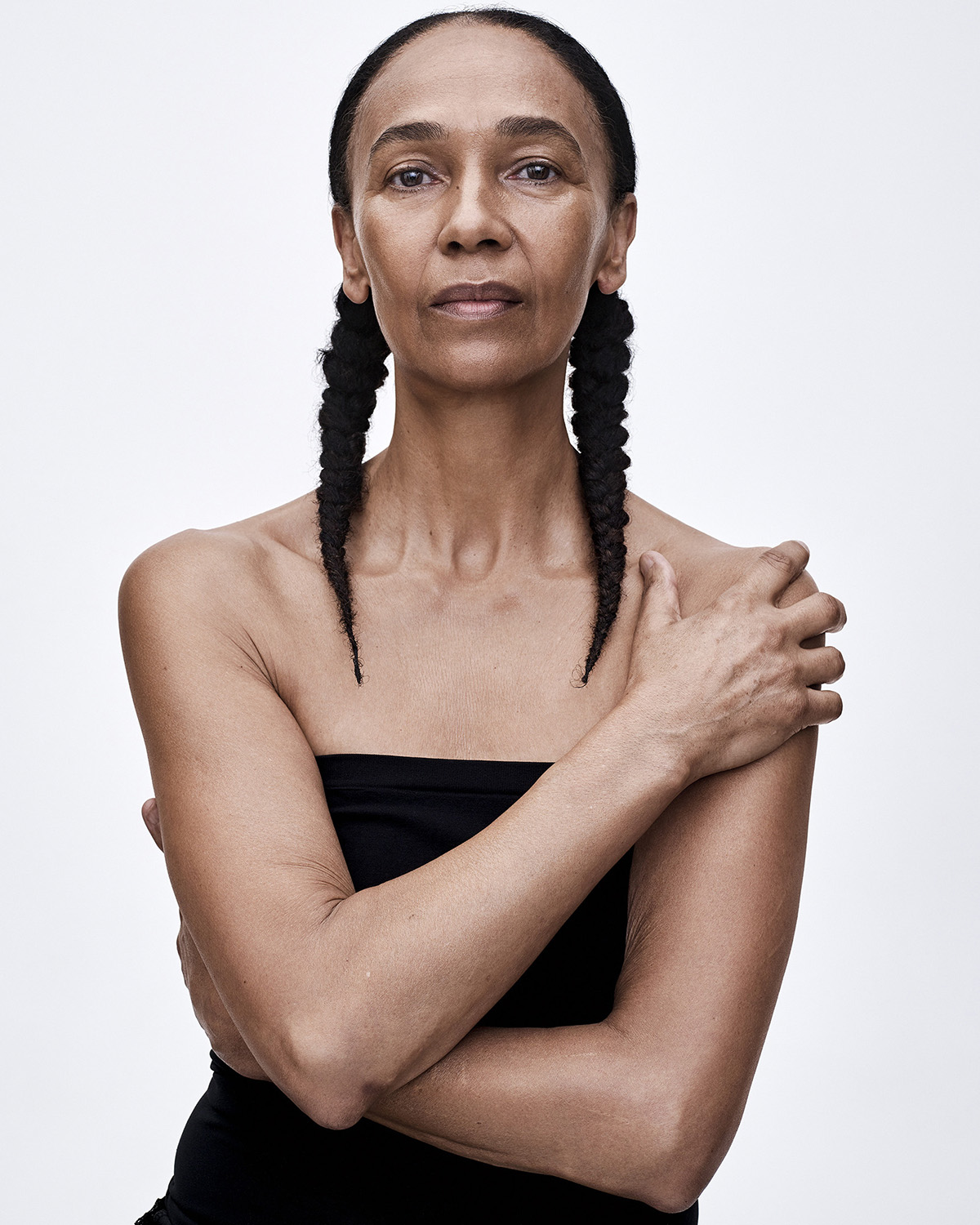
Model and stylist Mouchette Bell. Photographed by Benjamin Kaufman
LUX contributing editor and model at Models 1, Charlie Newman continues her online exclusive series, interviewing her peers about their creative pursuits, passions and politics

Charlie Newman
THIS MONTH: After gracing the pages of the world’s biggest glossy magazines as a model in her twenties, Mouchette Bell stepped behind the camera to become a stylist and Fashion Editor for the likes of Tatler, Harpers Bazaar and Vogue. Now she’s back on the books at Models 1. She speaks to Charlie about Anna Wintour, Buddhism and recovering from PTSD.
Charlie Newman: Firstly, could you take us right back to the beginning of your career in fashion. Where were you scouted?
Mouchette Bell: I always loved clothing and dressing up since I was a child. In the 80s when I was out and about in these crazy clothes, people used to take pictures of me. I was only dressing up for me, as a form of expression, I never even thought about being a model. Quite a few photographers would enquire whether I was signed to an agency or not, so I decided it was time I got one! I was 16, it approached me. Clothing and style were and still are more important for me creatively than modelling.
Follow LUX on Instagram: the.official.lux.magazine
Charlie Newman: As a model, what’s been your career highlight for you so far?
Mouchette Bell: There were lots of highlights. One of them was working with Peter Lindbergh and Franca Sozzani. I was at a casting, and in those days there wasn’t a market for my look. If they did use an ethnic girl they had to have a very strong look, so I just remember waiting in line at this casting and thinking ‘oh god what am I doing here’. I wasn’t very confident back then, I was incredibly shy. People aren’t so shy any more, it’s a word I don’t hear today’s youth say. Anyway, Peter came up to me at the casting and asked if I was free to go to Paris the next day, to come as I am and not change a thing so off I went! I shot for Les Glamour andItalian Vogue in Paris – I just wish I could find the pictures! Someone told me Peter has the images of me on his office walls. I was sort of in an Marilyn Monroe pose, in a fabulous trench coat paired with heels and gloves, standing over a grill so that when a train went under, the coat blew up and so did my hair! It was a great picture.
Charlie Newman: Tell us about your transition into styling.
Mouchette Bell: The fashion world was very welcoming. When I moved to New York to model I shot a lot of editorial with Condé Nast, particularly with this amazing magazine called Mademoiselle. During fittings, I would always be saying “oooh you could shoot it with this, or with that”, I absolutely loved being in that fabulous wardrobe. That’s when I realised that I had to go into styling and that I would be much better off camera, more relaxed. I used to freeze up so much whilst shooting, the team really had to get it out of me.
Charlie Newman: Was it easy moving into styling having been a model or did you have to prove yourself that bit more?
Mouchette Bell: Well, I obviously had made a lot of contacts which really helped. I used them at the beginning to help build up a portfolio, I really worked on that. There was one woman in particular, Sandra Horowitz, who gave me my big break. I showed her my portfolio and she gave me the job of Accessories Editor at Mademoiselle. I was incredibly lucky. I absolutely love jewellery but having said that I quickly became a Fashion Editor, just 6 months later! I lived and breathed fashion, nothing else mattered to me then. I wrote to Anna Wintour, who was working at British Vogue at the time, asking for an appointment, having harassed everyone at Condé Nast for her contact details! I prepared my book again and went through it with her. She could just see that I was really serious about fashion and within a few minutes I’d got the job at British Vogue. It was unbelievable. She was very good to me, I was very young and foolish back then. Thanks to Condé Nast America I studied at Parsons in New York. They were so supportive of me, so much so that they funded my diploma in Fashion History for two years when I was a bit of a tearaway. It was like a finishing school for me, I would go study in the evenings after work. They really opened up my eyes and took good care of me.
Charlie Newman: Why did you approach Anna at British Vogue? Why not another magazine in New York or another city?
Mouchette Bell: I was so, so homesick, I just wanted to come home! But saying that, after British Vogue I moved to Munich to work at German Vogue as their Fashion Editor for a year because I fell in love with a German. I then returned to New York in the 90s and worked as a Fashion Director at Mademoiselle and loved it. I left New York just after 2001 as I had a beautiful apartment there and I was home on September 11th. My apartment was one block from Ground Zero and I had to be evacuated covered in dust from the falling twin towers, my apartment was ruined from the dust and debris. I survived this disaster and after suffering PTSD, I went on to work as Editor-at-Large for ELLE in London and contributed to Vanity Fair and Tatler. I hope to inspire others to know that it is so important to survive and flourish and win in your life.
Charlie Newman: For anyone hoping to work in the fashion industry, would you recommend diving straight in or to go to university first and then follow on from that?
Mouchette Bell: I would recommend going to arts school first, but then again that’s not what I did, that opportunity wasn’t available to me and I was lucky enough for it to be given later on. If you get the opportunity to go I would highly recommend it. Having said that, I’m saying this as someone who’s already established and I think it would be incredibly tough to start in the industry now. I can only give advice from my set of circumstances.
Read more: Rachel Whiteread on the importance of boredom
Charlie Newman: As a stylist what has been a career highlight for you?
Mouchette Bell: Wow, it’s so hard to chose! The career highlights are all down to who you work with and where you work with them. All that wonderful travel – it was different back then, they had enormous budgets and they knew how to spend them! I was always very aware of how lucky I was in that situation – I was one of the more normal people. Working with Michael Roberts for Tatler in Brazil and Elizabeth Saltzman for Vanity Fair was a real moment for me. I’m sure I’m missing out lots of my colleagues, but to work at that level was just amazing for me. When I was the Jewellery Editor at Tatler I was on set with £20 million pounds worth of jewellery!
Someone asked me recently what I miss about working at Tatler and the thing I miss the most is the horses. Most of those stately homes had all these horses, it was so wonderful to work with them too. I loved working for Tatler because you really got to see how the other half live. I found it really interesting and I met some lovely people. People are born into different walks of life and that’s why I always think we should never judge people.
Charlie Newman: In your ideal shoot now would you be modelling or styling, or doing both?
Mouchette Bell: I’d be styling myself because then I could have it all! I would get Paul Smith to shoot it, Alexander McQueen would still be alive and I could wear something of his, and I’d pile on as much Bulgari jewellery as I could get on! I went to nearly all of McQueen’s shows – now that’s what I call a spectacle, he was a true genius.
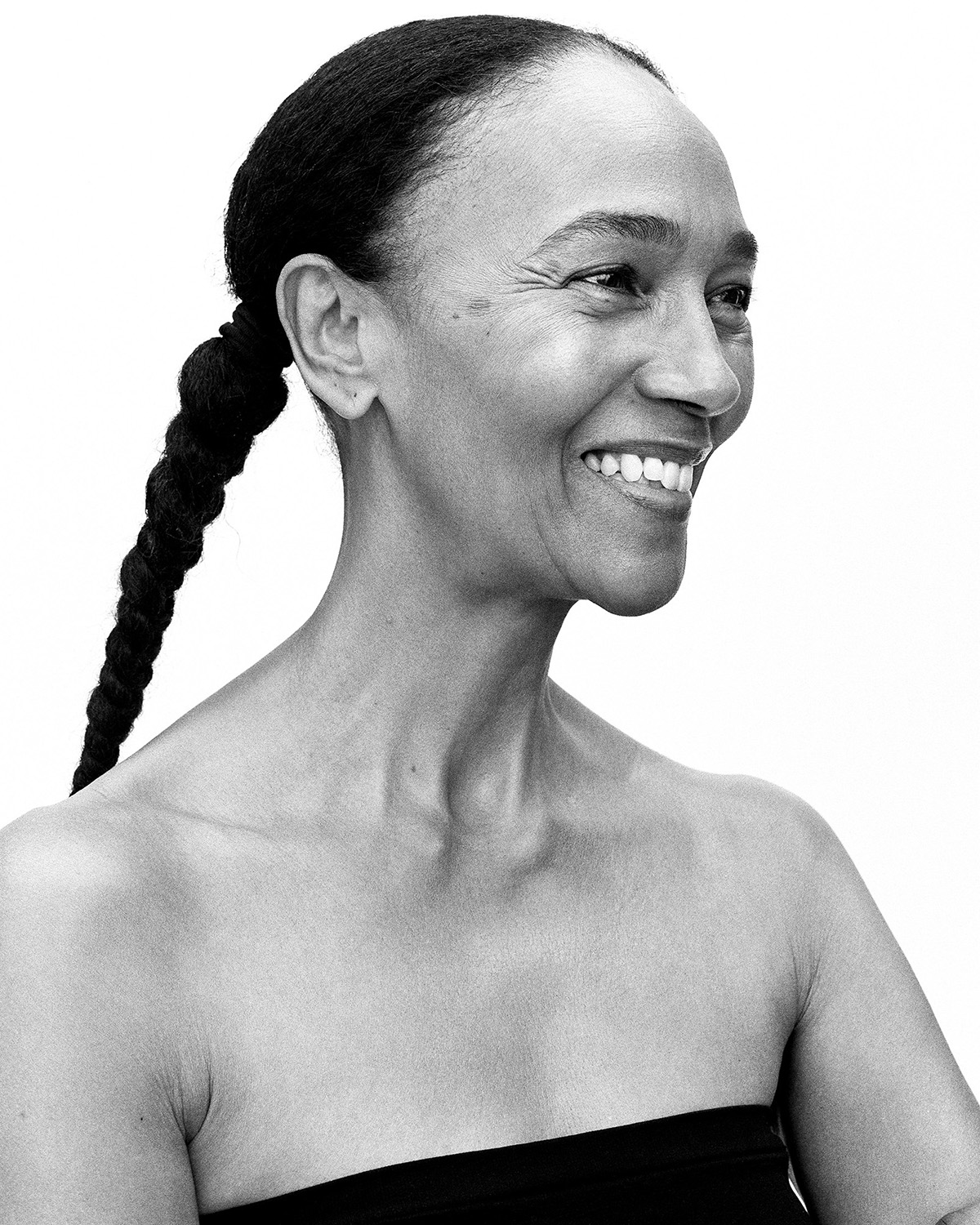
Photograph by Benjamin Kaufman
Charlie Newman: You were the first mixed race person working in the Condé Nast building. What did that feel like?
Mouchette Bell: Well that’s as far as I’m aware of, it wasn’t necessarily a statement I put out there, but it certainly felt that way. What Edward Enninful has done is amazing. We have to go to that extreme level for it to be balanced and eventually accepted as the norm. We’ve all got to learn, it’s even changed the way I look at things as well. But it was different back then, it was pretty racist. I don’t even know if that’s the right word to use.
Charlie Newman: What’s kept you grounded over the years?
Mouchette Bell: I think that I haven’t always been grounded to be honest with you. At times I was probably way off the wall, in way outer space fashion land, it really was my only world! But I think I’ve always been pretty sincere person, I can’t bullshit myself too much. I’ve been a Buddhist for the past 15 years and that practice of meditating twice a day keeps me very centred. We’re human beings, we all have very different aspects of our personality, some of them we need to hold in and some of them we need to develop. I just found that practice really helped me. It’s not a religion it’s more of a philosophy. That simple practise of meditating brings me back to my higher self, life’s possibilities and the value of respecting others as well as yourself. You have to make yourself happy before you can make anyone else happy.
Charlie Newman: How did you first come across Buddhism?
Mouchette Bell: I think I’d always liked the look of it, all the yoga and chilling out! But then after September the 11th I saw how a friend who takes no bullshit and is very streetwise, was practising Buddhism and I could really see a healthy change in her, so I thought I would try it out too. It’s a bit like going to the gym, it’s a discipline. If you meditate twice a day, you start and end your day more centred, you align yourself, which really helps with everything. It’s not about going off to some retreat or going travelling, it’s about making it work for your everyday life. Every action has a reaction, it’s cause and a effect, that’s why you have to take responsibility for your actions. Where you are now often is a result of the past, and then that’s where the whole idea of past lives comes into play. Just look at that Alexander McQueen documentary, he had it all yet that terrible suicide happened. You really have to focus on getting yourself centred and then truly you can achieve anything. At the end of the day it’s all about what works for you, and practising Buddhism works for me. You should always question everything, never blindly follow. I could go on and on, I love it so much!
Read more: President of LEMA Angelo Meroni on business with a soul
Charlie Newman: Thinking about the future, if you could wave a magic wand, how would you like to see the fashion industry change?
Mouchette Bell: For me, I would like for the industry to nurture the creatives more because that’s what keeps the standard so high and then that is what goes on to inspire people. This goes back to the whole cyclical Buddhist philosophy too. How has it felt coming back into modelling, especially having seen the industry so intimately from another perspective as a stylist. It’s completely different from when I started in every single way. The thing is I never left the industry, fashion will always be here, in whatever format or medium, to inspire others. I was reintroduced to the fashion world when I was in the Bath student fashion show, held in London. It was there that I met the wonderful Greg who introduced me to Chantal and Uwe, my now bookers at Models 1.
Timing is so important for me and it is only really now that I feel comfortable in my own skin and ready to do modelling again, but don’t get me wrong it’s still work in progress! I feel really privileged to be doing it and so lucky to be doing it at this point in my life. I don’t have to be ‘perfect’, I can be myself. I have my lines and my wrinkles, it’s much more accepting this time around. I also love to give advice to anyone starting out on set, only if it’s appropriate of course, just because I’ve been there, I understand. I learn from them also! I absolutely love modelling, but I had forgotten actually how difficult it was. The level of projection you have to give is tough. Not everyone can stand up there and do it. It’s far more demanding than people realise. I’ve learnt a new respect for it, people underestimate it.
Also I’d like to always get paid for my work, just on principle. Don’t give me a slap in the face at the end of a long day you know? That’s one of the things I liked about working in America and in Germany. They were very straight forward and I was always paid on time.
Charlie Newman: Lastly who is your role model of the month?
Mouchette Bell: I think Joanna Lumley is great. I like people who can make me laugh. She’s older and she’s sexy and she’s cool. She’s a beautiful woman whose showing that it is ok to have fun when you’re over 50.
Follow Mouchette Bell on Instagram: @mouchettebell

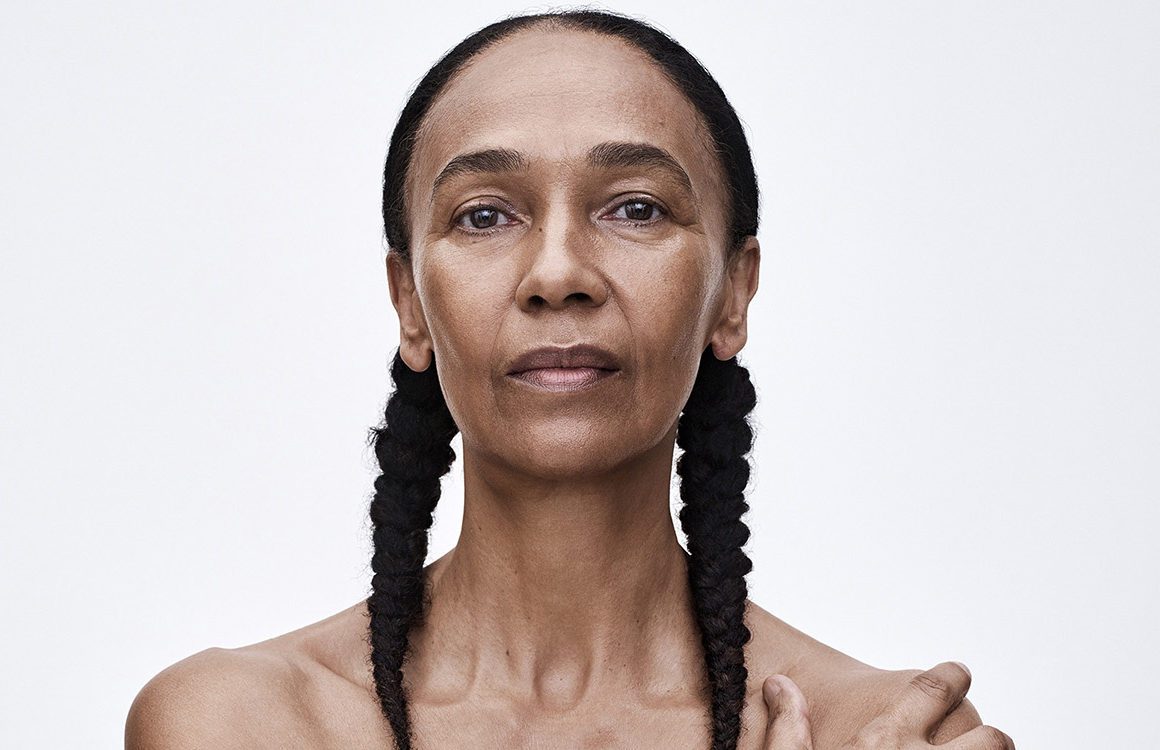
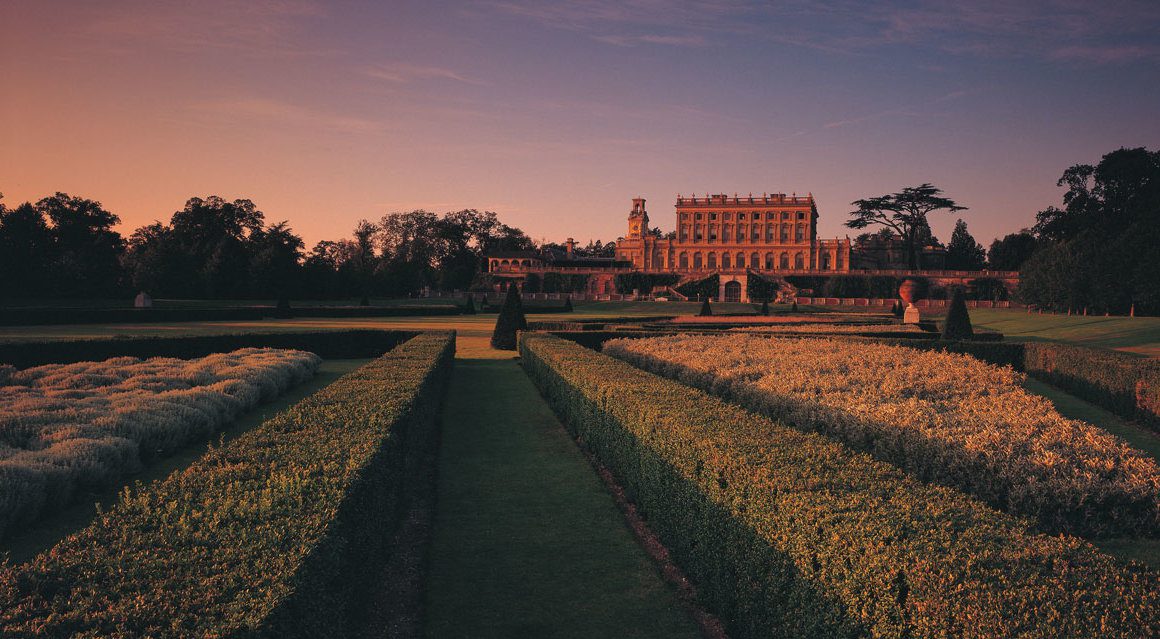
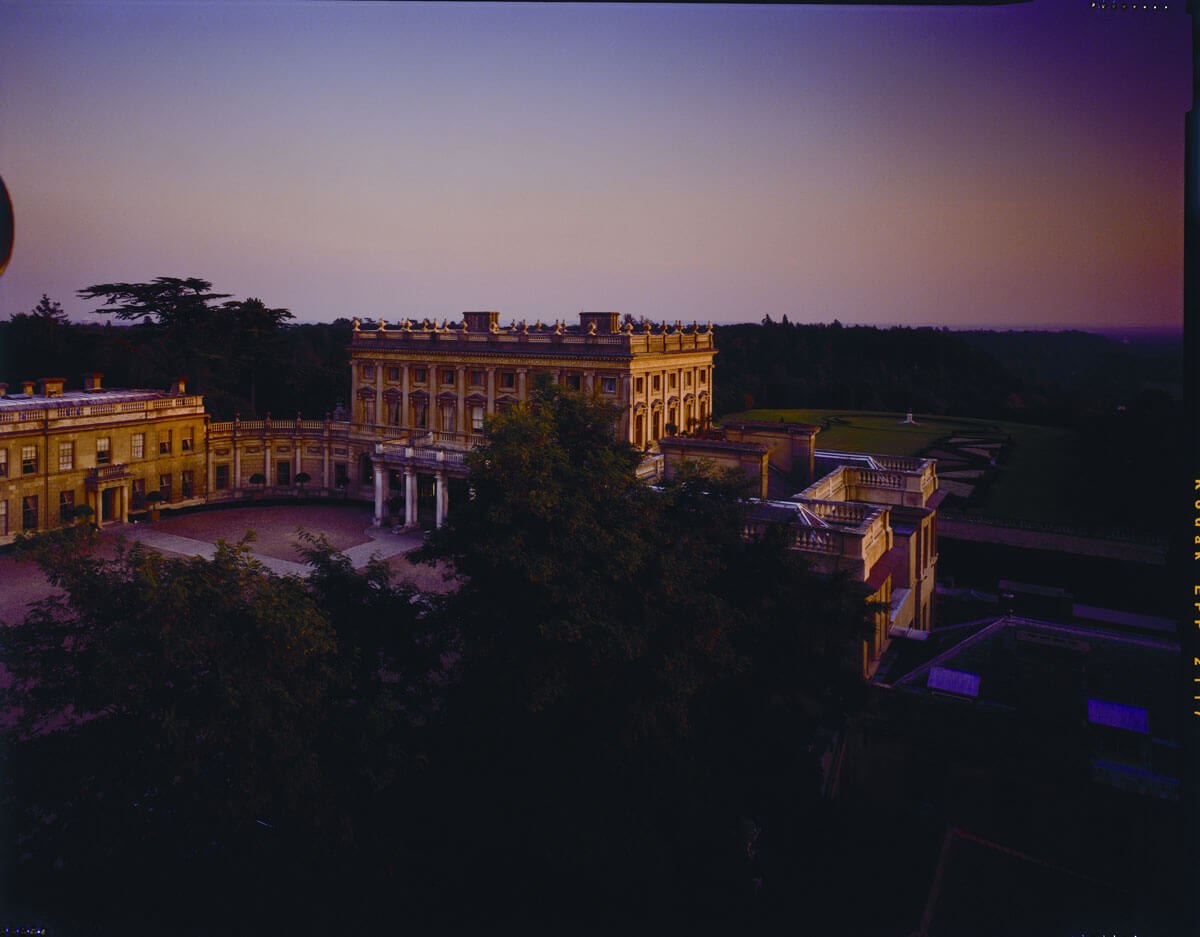
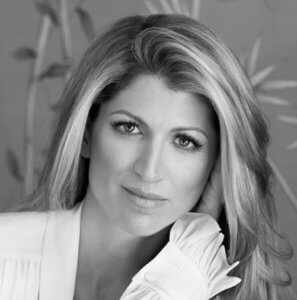
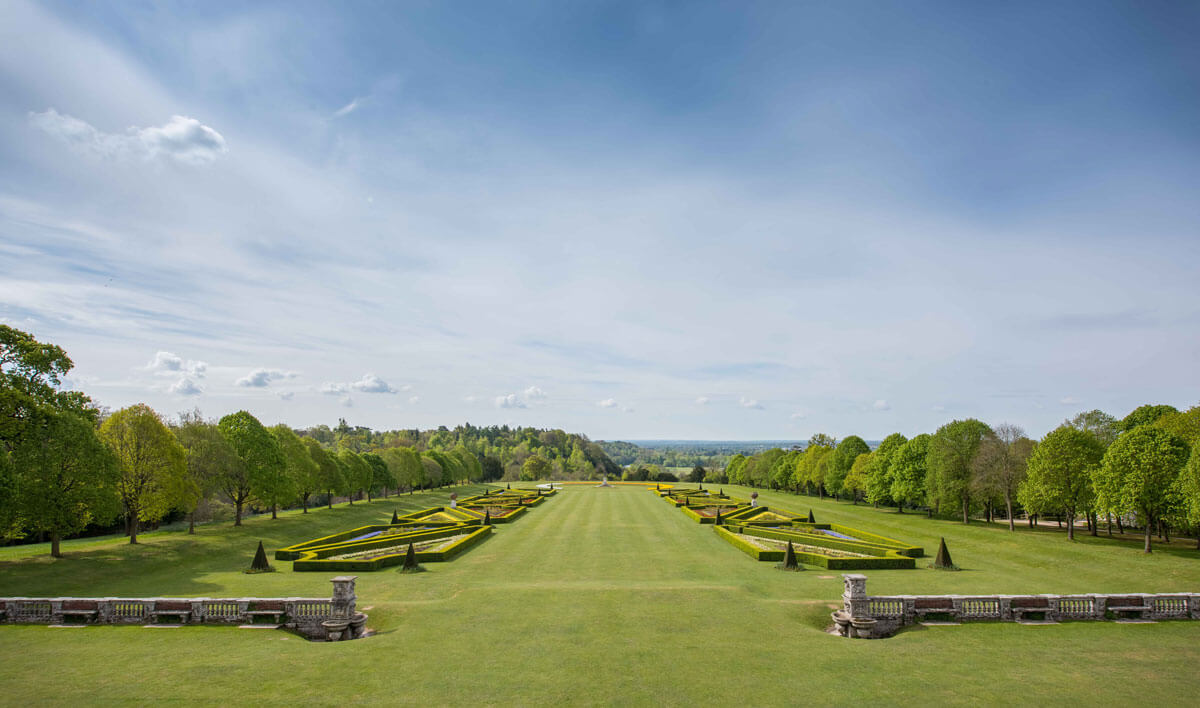
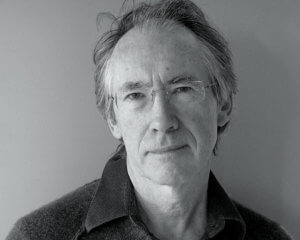
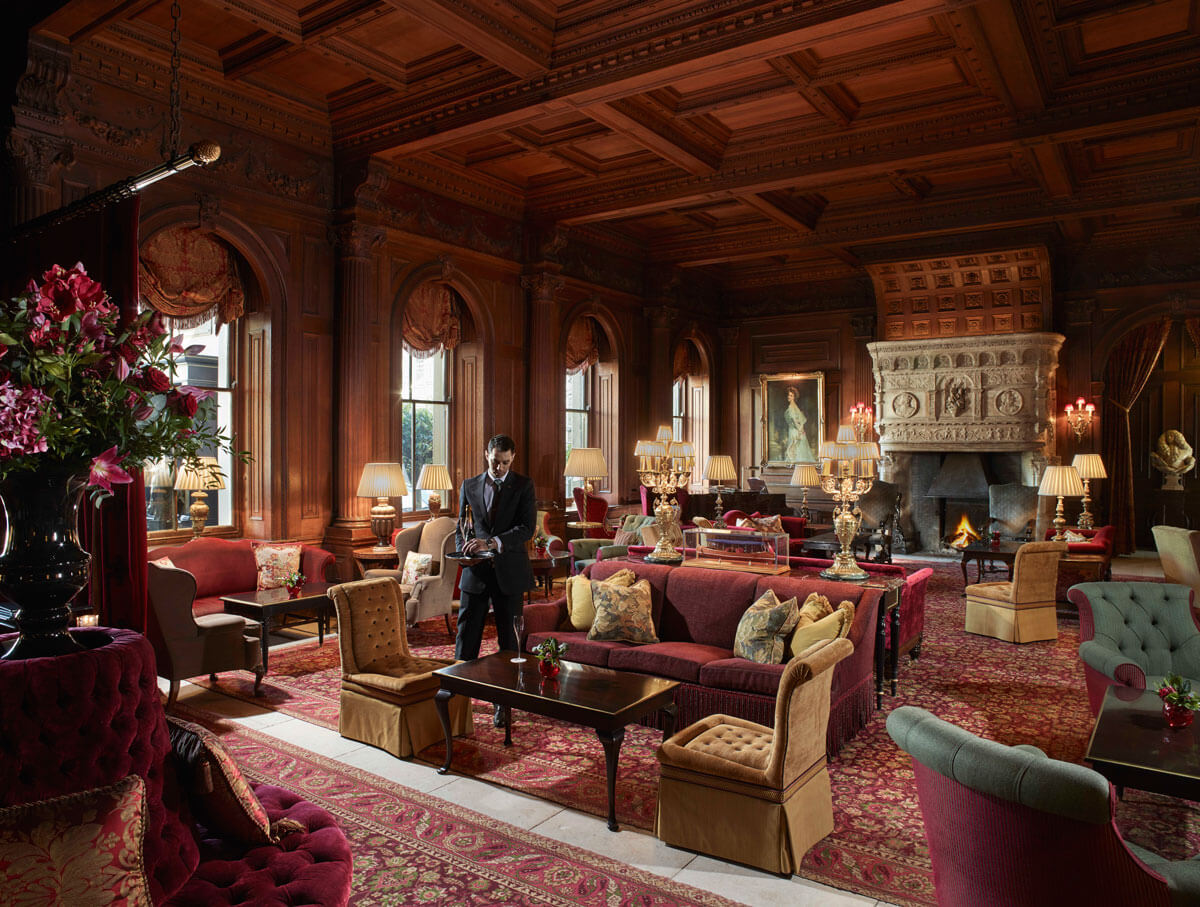
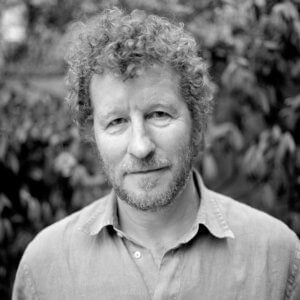
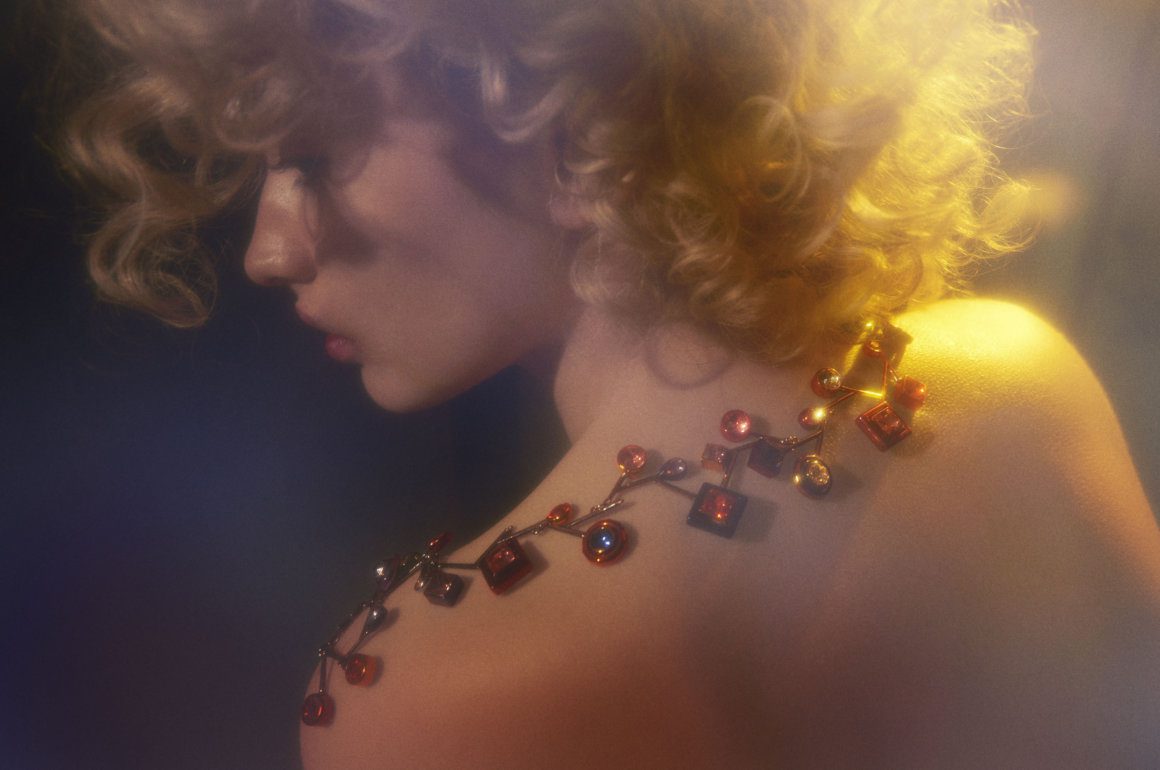
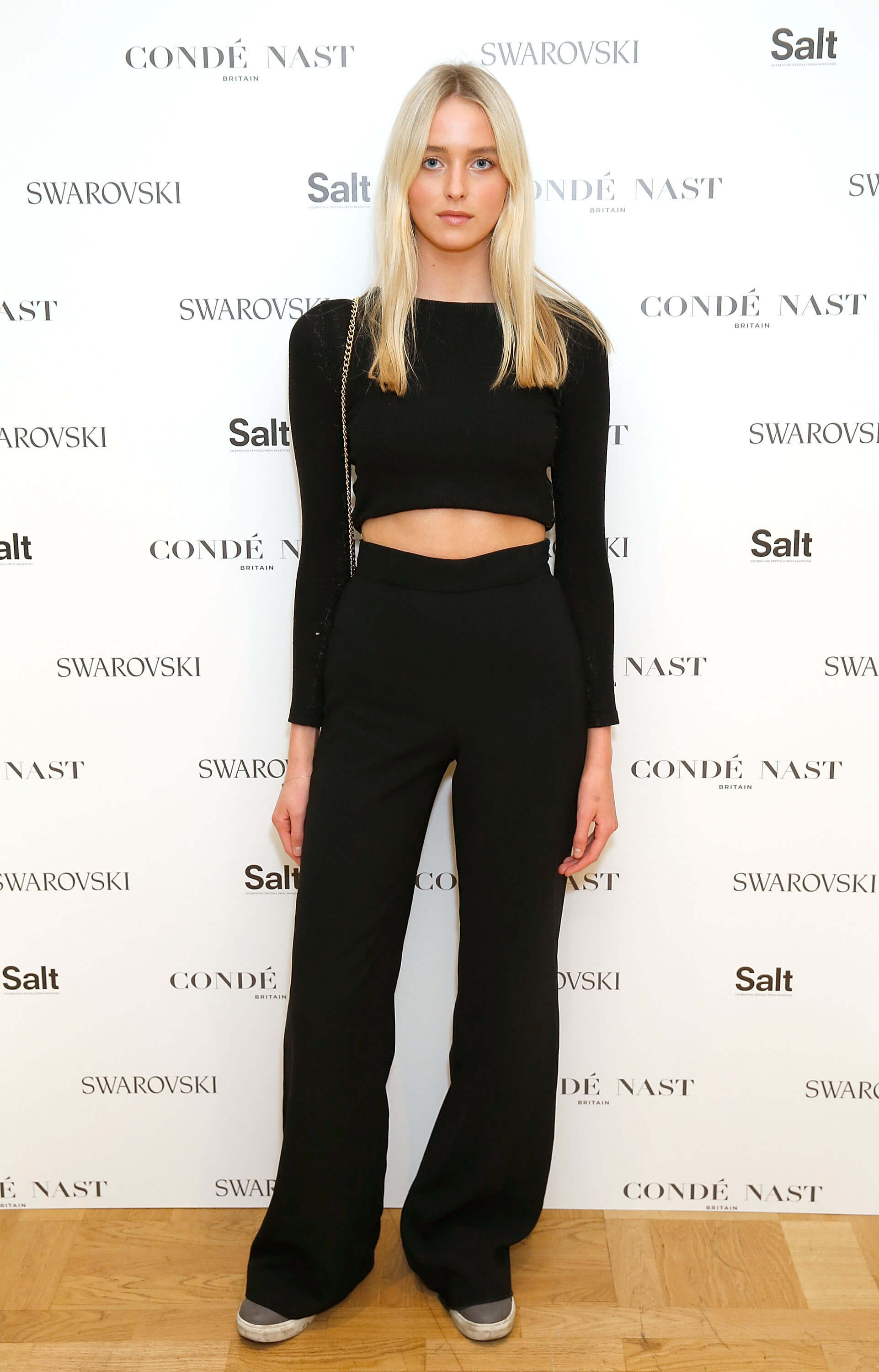
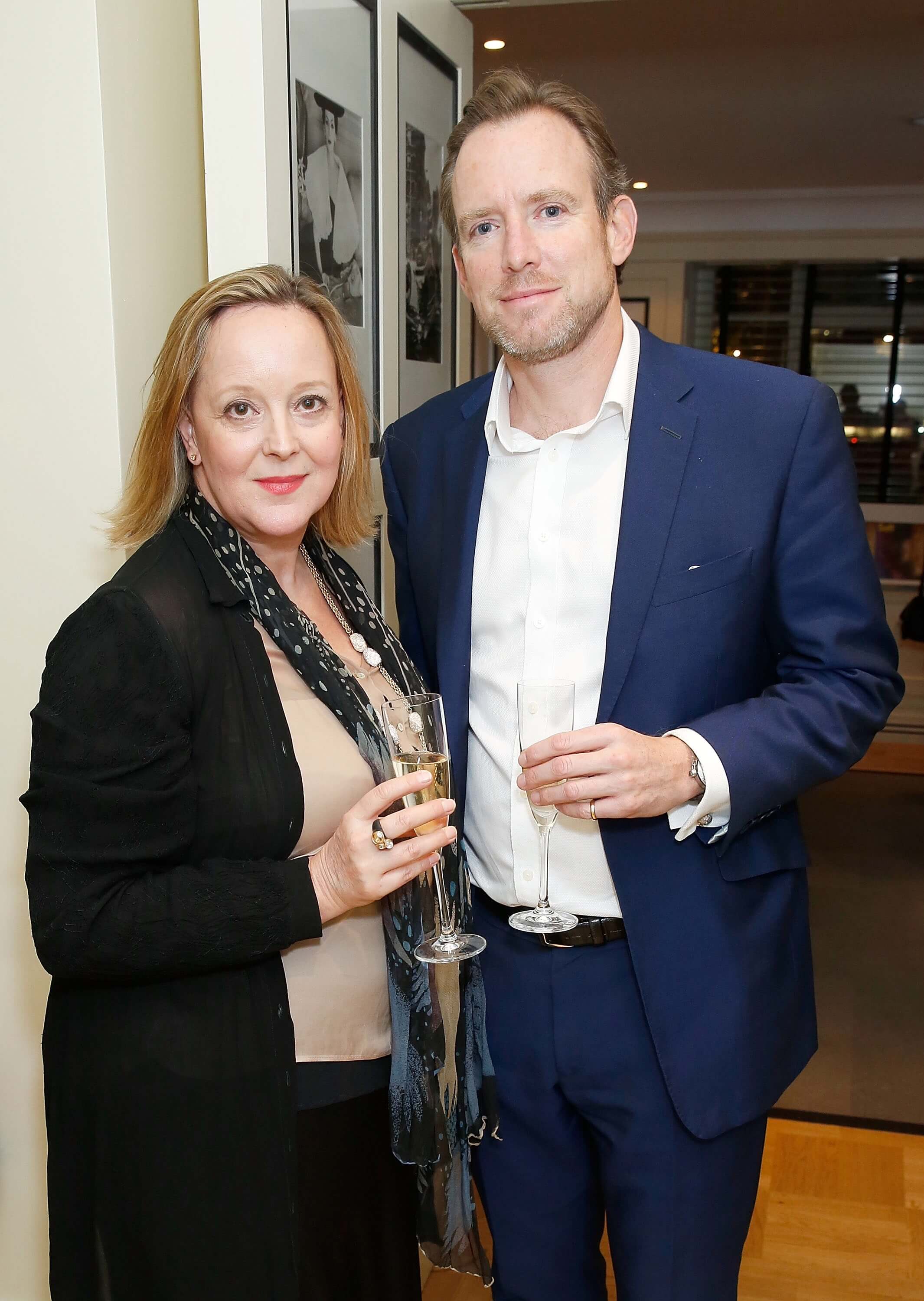
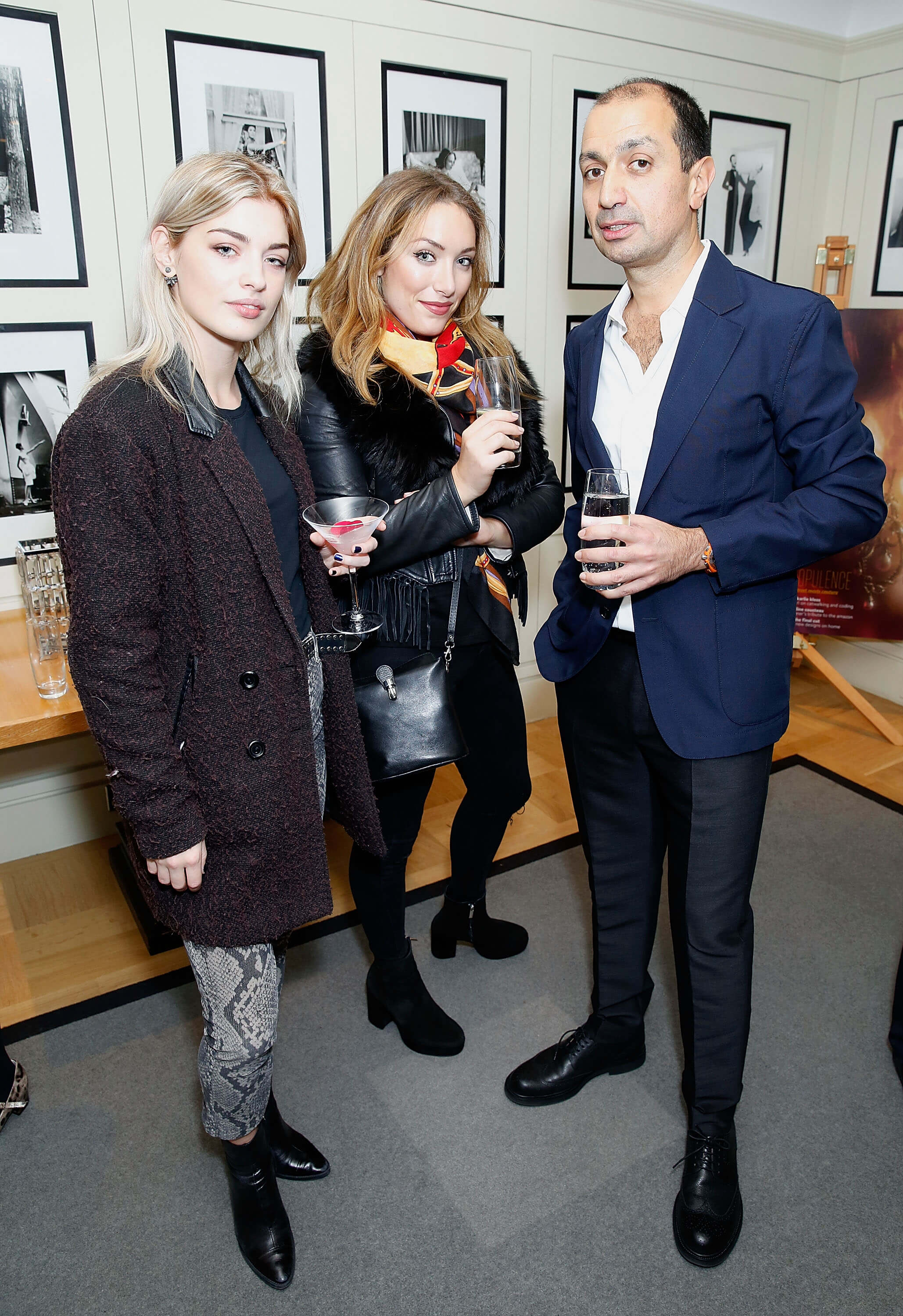


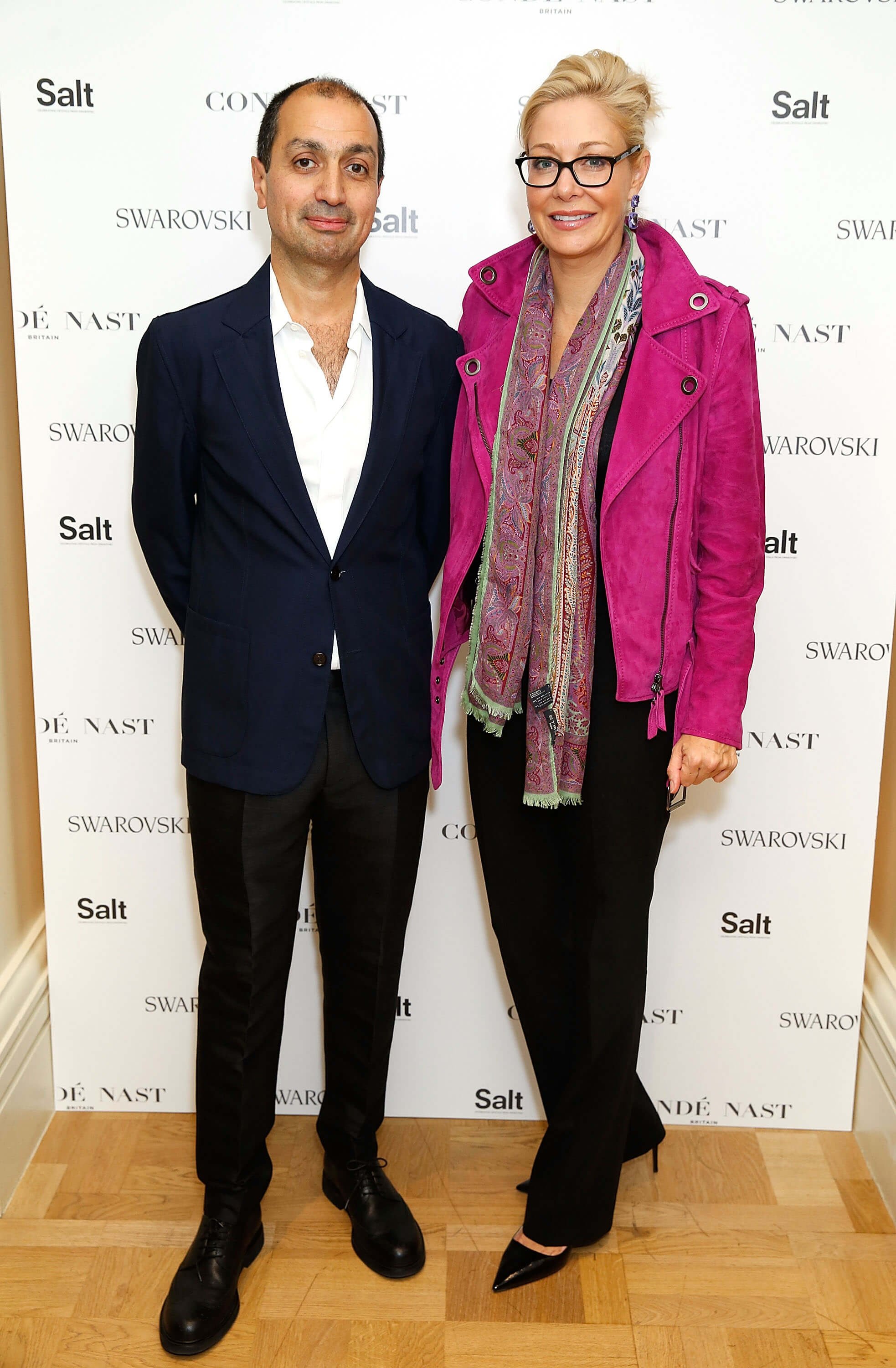
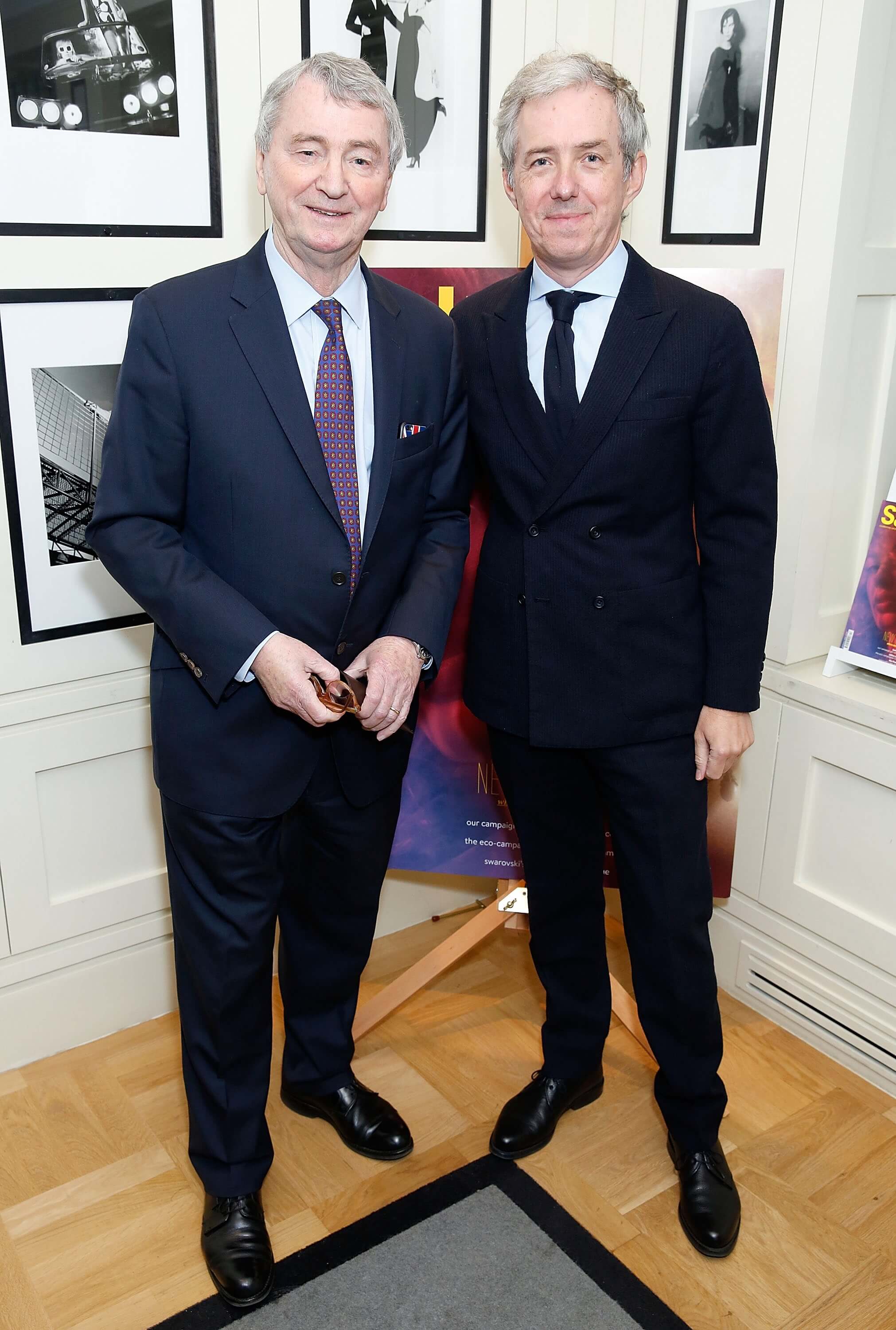
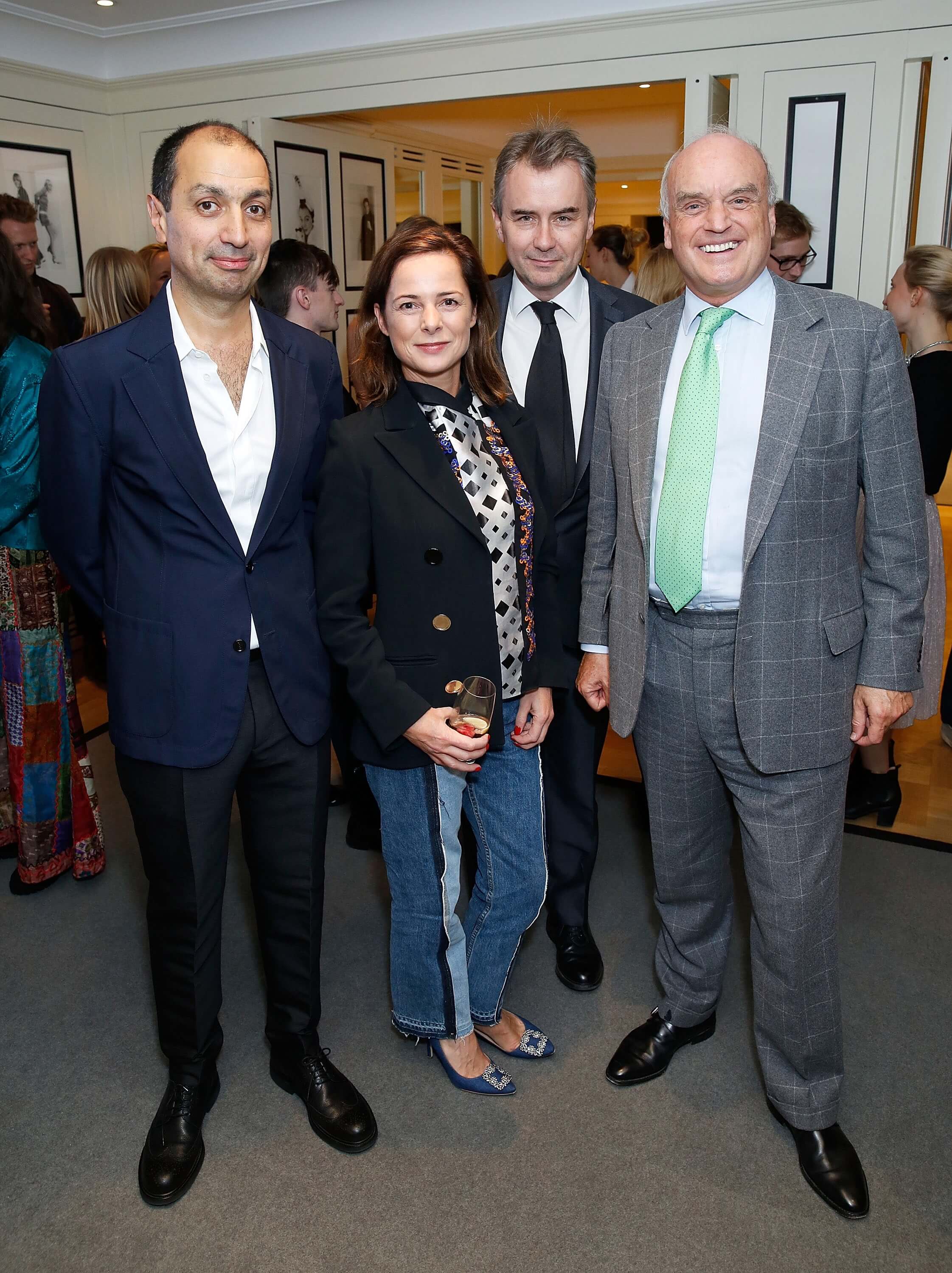





Recent Comments